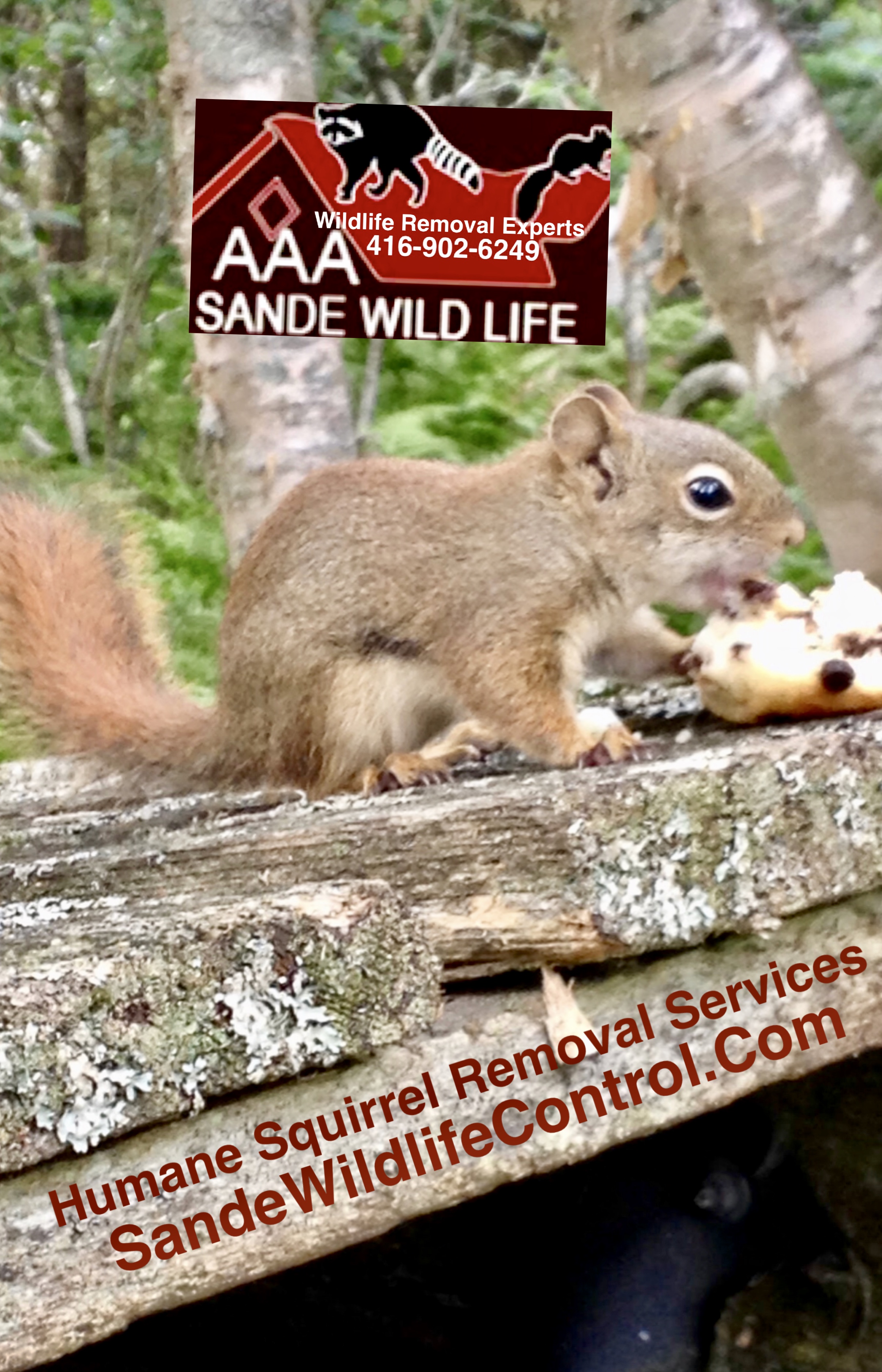Health Risks Associated with Squirrel Infestations: Protecting Your Family in Toronto
Introduction:
Squirrel infestations can pose health risks to residents of Toronto that may not be immediately apparent. While these furry creatures might seem harmless, they can carry diseases and cause property damage that jeopardizes the well-being of your family. In this article, we will explore the health risks associated with squirrel infestations in Toronto and provide tips on how to protect your family.
Disease Transmission:
One of the primary health concerns associated with squirrel infestations in Toronto is the potential for disease transmission. Squirrels, like many wildlife species, can carry various pathogens that can be harmful to humans. Some of the diseases associated with squirrels include:
- Leptospirosis: This bacterial infection can be transmitted through contact with squirrel urine or contaminated water sources. Symptoms may include fever, muscle aches, and kidney or liver damage.
- Salmonellosis: Squirrels can carry salmonella bacteria, which can lead to food poisoning when humans come into contact with contaminated surfaces or food.
- Ticks and Fleas: Squirrels can harbor ticks and fleas, which can transmit diseases like Lyme disease or typhus to humans through their bites.
Allergies and Respiratory Issues:
Squirrel infestations can lead to the accumulation of droppings, urine, and nesting materials in your attic or other areas of your home. This can contribute to poor indoor air quality, leading to allergies and respiratory issues for your family. Airborne allergens from squirrel infestations may trigger or exacerbate conditions such as asthma, allergies, and bronchitis.
Property Damage:
Squirrel infestations can also result in property damage that poses safety risks to your family. Squirrels are notorious chewers, and they may gnaw on electrical wiring, insulation, and structural components of your home. This can lead to electrical fires, increased energy bills, and weakened building integrity, potentially causing accidents and injuries.
Preventing Health Risks from Squirrel Infestations:
- Proactive Squirrel Removal: The most effective way to mitigate health risks associated with squirrel infestations in Toronto is to remove the squirrels from your property. Professional squirrel removal services in Toronto have the knowledge and experience to safely and humanely remove squirrels from your home.
- Sealing Entry Points: Preventing squirrels from entering your home is crucial. Ensure that all potential entry points, such as gaps in the roof or siding, are sealed to keep squirrels out.
- Regular Inspection: Periodic inspections of your property can help identify signs of squirrel activity early. Look for chewed wiring, nests, droppings, and any other evidence of squirrel presence.
- Cleaning and Disinfecting: If you have had a squirrel infestation, it’s essential to clean and disinfect affected areas thoroughly. Wear appropriate protective gear, such as gloves and masks, during cleaning to avoid direct contact with contaminants.
- Consult a Professional: When dealing with squirrel removal in Toronto and cleaning, it’s advisable to consult a professional wildlife control expert. They have the expertise and equipment to handle these situations safely.
Conclusion:
Squirrel infestations in Toronto can pose significant health risks to your family through disease transmission, allergies, respiratory problems, and property damage. To protect your loved ones, it’s essential to address squirrel infestations promptly and effectively. This includes seeking professional squirrel removal services in Toronto, sealing entry points to prevent future infestations, and maintaining a clean and safe living environment. By taking these precautions, you can ensure the health and well-being of your family while enjoying a squirrel-free home in Toronto.

